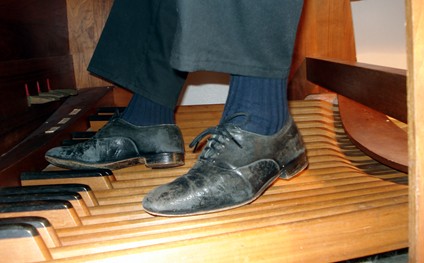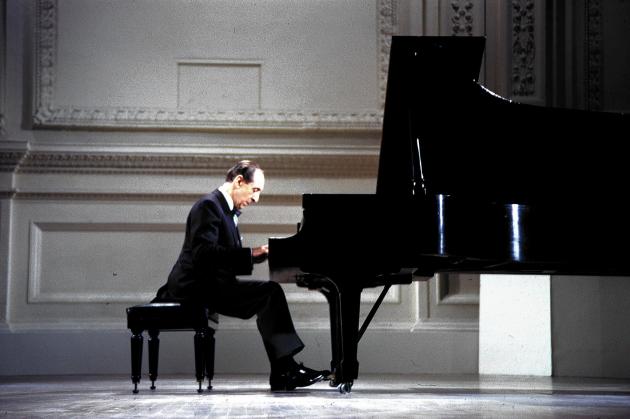“. . . things keep growing where we put them . . .” (Kay Ryan)
April 4, 2017 Leave a comment
 A couple of days ago I needed a cup from a kitchen cabinet I seldom open. My company-for-dinner dishes are there, a complete set of tableware my late partner and I bought so we could appear to be grownups rather than graduate students when guests came to dinner. These days I seldom need to appear grown up at dinnertime, so I don’t open that cabinet except when I want a specific item.
A couple of days ago I needed a cup from a kitchen cabinet I seldom open. My company-for-dinner dishes are there, a complete set of tableware my late partner and I bought so we could appear to be grownups rather than graduate students when guests came to dinner. These days I seldom need to appear grown up at dinnertime, so I don’t open that cabinet except when I want a specific item.
That cabinet is also home to a few keepsakes, sentimentally valuable reminders of loved ones who are gone, including a commemorative plate from my paternal grandparents’ 50th wedding anniversary celebration, May 31, 1963. It is not high-quality china but no doubt was expensive in those days because my uncle, whose signature “with love” is on the back, had it inscribed for the day. It wasn’t one of those made-to-order items from the internet (t-shirt or coffee mug, or . . .). I remember that celebration well – three weeks before my high school graduation.
 On my desk is a copy of The Best of It: New and Selected Poems by Kay Ryan inscribed by the poet to me. It is the collection for which she was awarded the Pulitzer Prize in 2011. She signed my copy after she did a reading of her work at SMU last year. I had ordered it on the internet just in time to receive it before Ryan’s reading.
On my desk is a copy of The Best of It: New and Selected Poems by Kay Ryan inscribed by the poet to me. It is the collection for which she was awarded the Pulitzer Prize in 2011. She signed my copy after she did a reading of her work at SMU last year. I had ordered it on the internet just in time to receive it before Ryan’s reading.
As I took the commemorative plate from the cabinet, Kay Ryan’s poem “A Certain Kind of Eden” was in my mind. I had just read it because Google reminded me it’s National Poetry Month, and her book was the handiest volume of poetry on my desk. That was the poem to which I randomly opened the book.
It seems like you could, but
you can’t go back and pull
the roots and runners and replant.
I don’t recall holding my grandparents’ plate since I put it in the cabinet thirteen years ago. However, I have used another of the keepsakes in the cabinet, odd little rectangular salt and pepper shakers at least as old as I am, an inheritance from my mother that commemorates my birthplace, Wyoming. I used the little souvenirs the last time I had company for dinner and wanted to appear to be a grownup. The Morton sea salt container and the McCormick black pepper box I usually use are definitely graduate student style table settings.
You’ve overprized intention,
have mistaken any bent you’re give
for control. You thought you chose
the bean and chose the soil.
When I first read “A Certain Kind of Eden,” I assumed it is about a lifetime of decision making. I’ve made decisions in which I have “overprized intention,” thought I was in control. I think of my life since I left my parents’ home after high school graduation in four chapters: Southern California for university and a few years beyond; Iowa for graduate school; Massachusetts for a career as an organist and then 17 years as a college professor; Dallas for graduate school (in a new field) and for love, 23 years and counting.
 Anyone reading that litany might assume I’ve made some momentous decisions, that I “chose the bean and chose the soil” in Ryan’s poetic terminology. I have a 54-year-old plate and 70-year-old salt and pepper shakers that indicate a different reality. And I have more. My grandmother’s father was born in 1860 and died in 1937 (he died in an automobile accident on the way to my parents’ wedding). Great-grandfather was over six feet tall and office chairs did not fit him. He shortened the back legs of his favorite chair so he could lean back and be comfortable. I have that chair. It is at least 80 years old, but I would guess much older.
Anyone reading that litany might assume I’ve made some momentous decisions, that I “chose the bean and chose the soil” in Ryan’s poetic terminology. I have a 54-year-old plate and 70-year-old salt and pepper shakers that indicate a different reality. And I have more. My grandmother’s father was born in 1860 and died in 1937 (he died in an automobile accident on the way to my parents’ wedding). Great-grandfather was over six feet tall and office chairs did not fit him. He shortened the back legs of his favorite chair so he could lean back and be comfortable. I have that chair. It is at least 80 years old, but I would guess much older.
Three ordinary objects. Three family memories. For me, a plethora of decisions to move or to stay, to work or educate myself to change work, to be in a relationship or be alone. With each decision, I have carried with me those three ordinary objects.
I have made each of those decisions in the belief I was acting autonomously, doing what was best for me, following my dreams and desires, abandoning one place for another. But – it’s almost too obvious to need writing – wherever I have gone, whatever decisions I have made, I have with me decisions my great-grandfather (whom I never met), my grandmother, and my mother made before me. I “can’t go back and pull the roots . . . and replant.” I am bound, too, by all the decisions I have previously made.
 Kay Ryan’s “one vine that tendrils out alone,” perhaps the shape of my own life, grows by “its own impulse.” I do not, ultimately, control it. My greatest hope, but finally my greatest sadness.
Kay Ryan’s “one vine that tendrils out alone,” perhaps the shape of my own life, grows by “its own impulse.” I do not, ultimately, control it. My greatest hope, but finally my greatest sadness.
“A Certain Kind of Eden,” by Kay Ryan
It seems like you could, but
you can’t go back and pull
the roots and runners and replant.
It’s all too deep for that.
You’ve overprized intention,
have mistaken any bent you’re given
for control. You thought you chose
the bean and chose the soil.
You even thought you abandoned
one or two gardens. But those things
keep growing where we put them—
if we put them at all.
A certain kind of Eden holds us thrall.
Even the one vine that tendrils out alone
in time turns on its own impulse,
twisting back down its upward course
a strong and then a stronger rope,
the greenest saddest strongest
kind of hope.
Kay Ryan, “A Certain Kind of Eden” from Flamingo Watching. Copyright © 1994 by Kay Ryan.






















